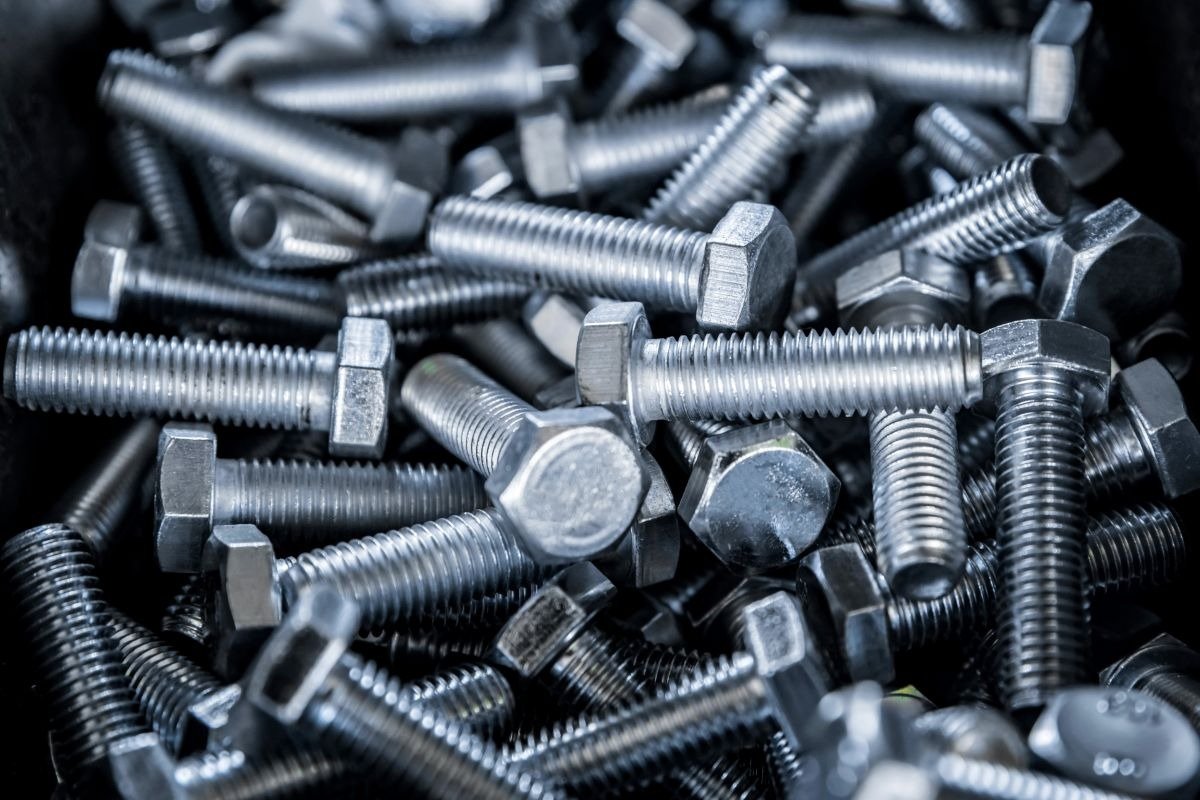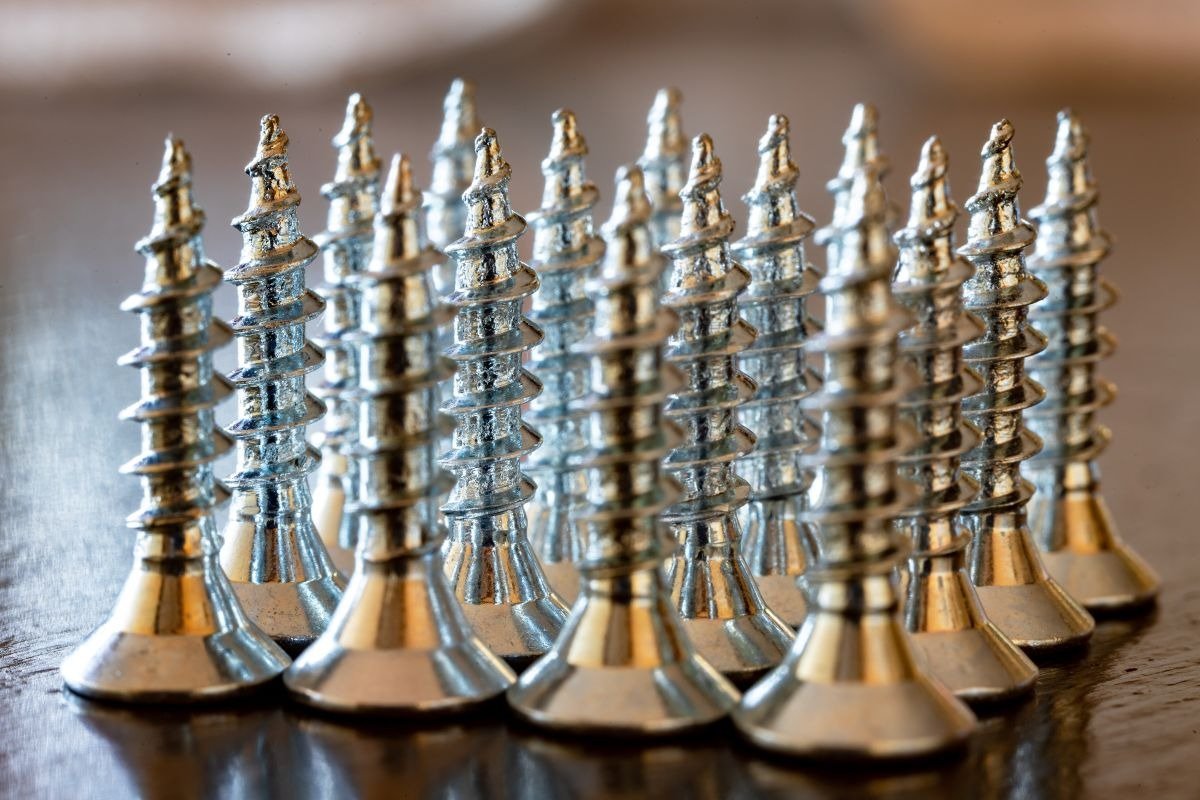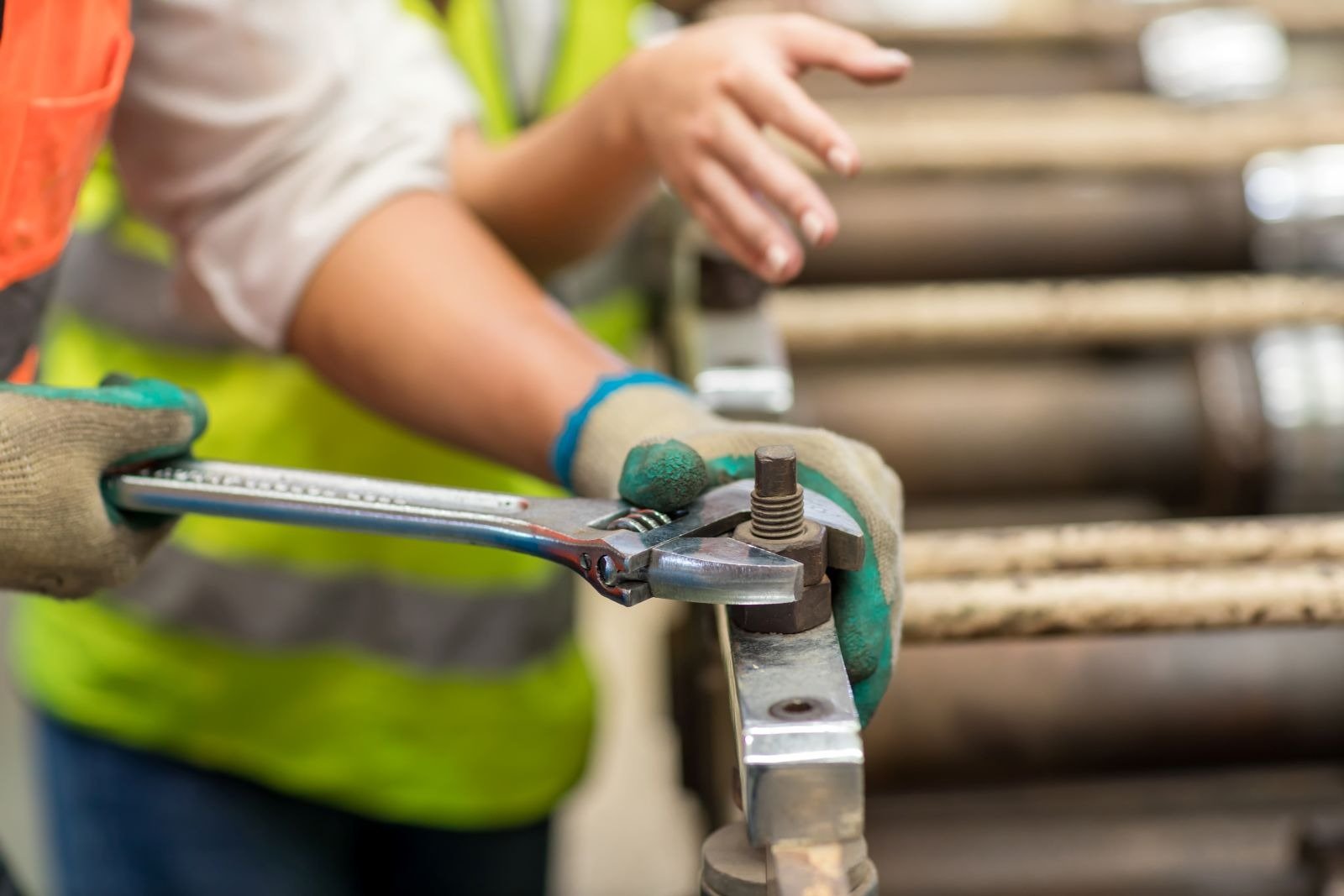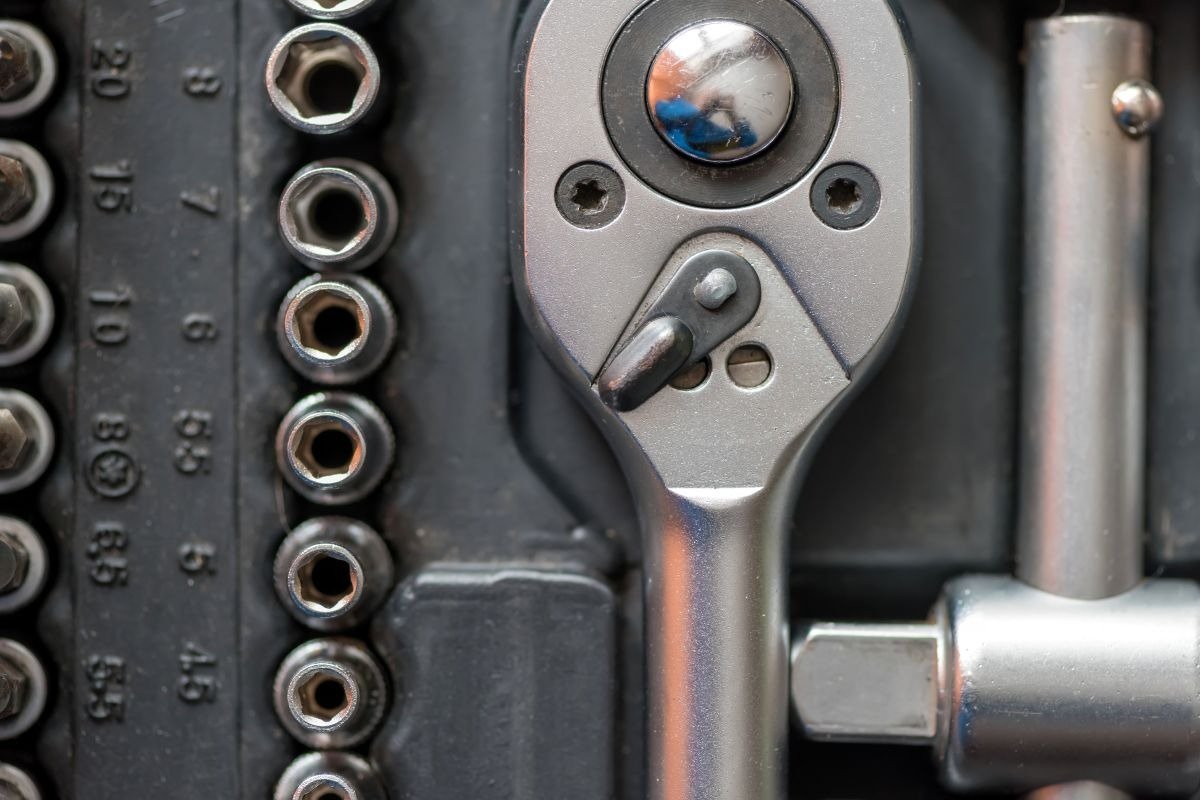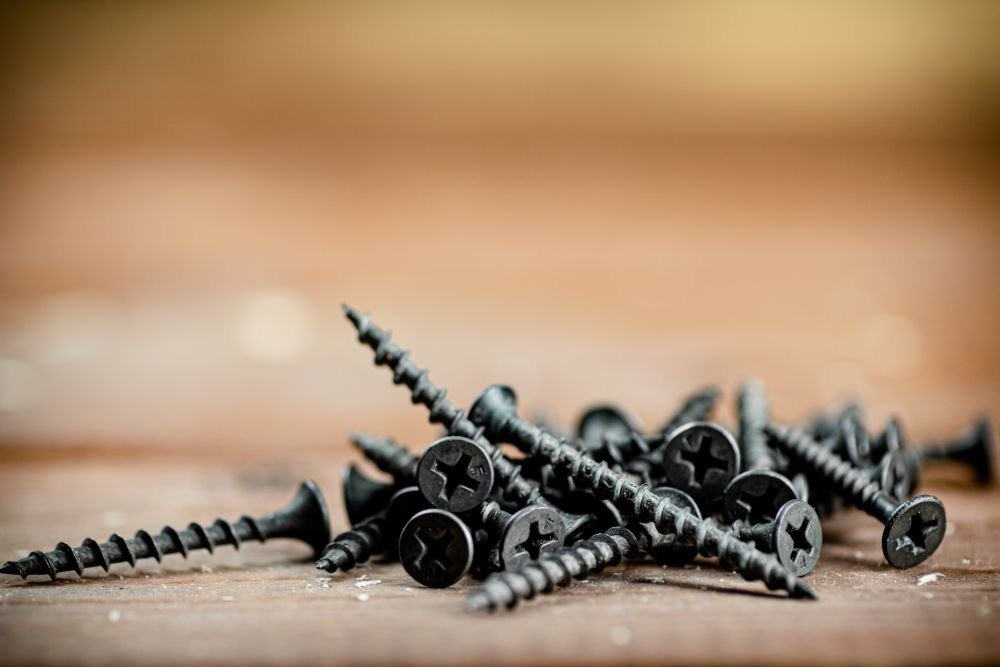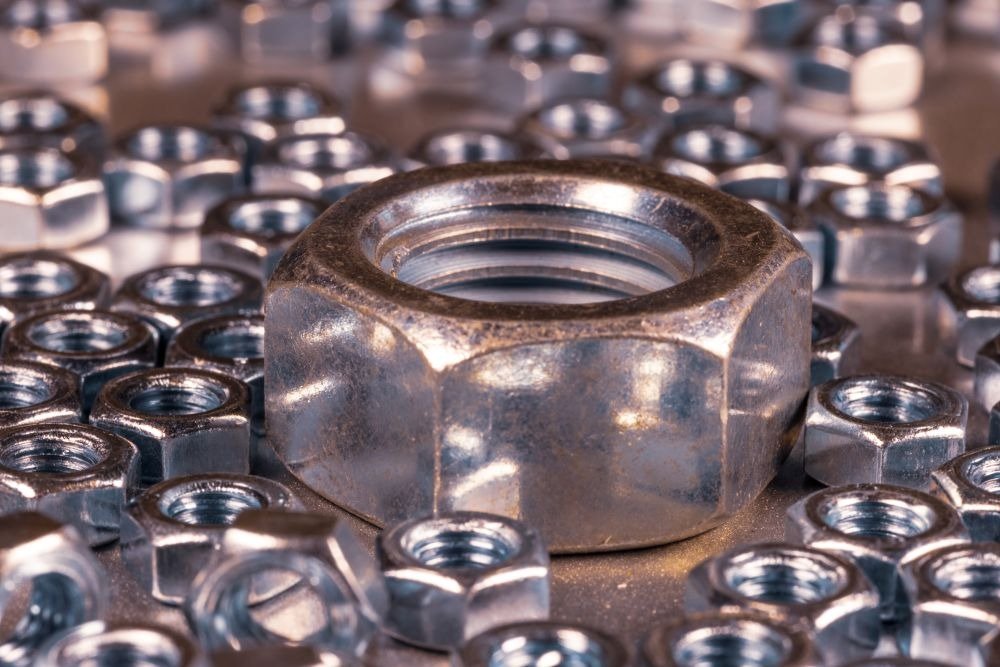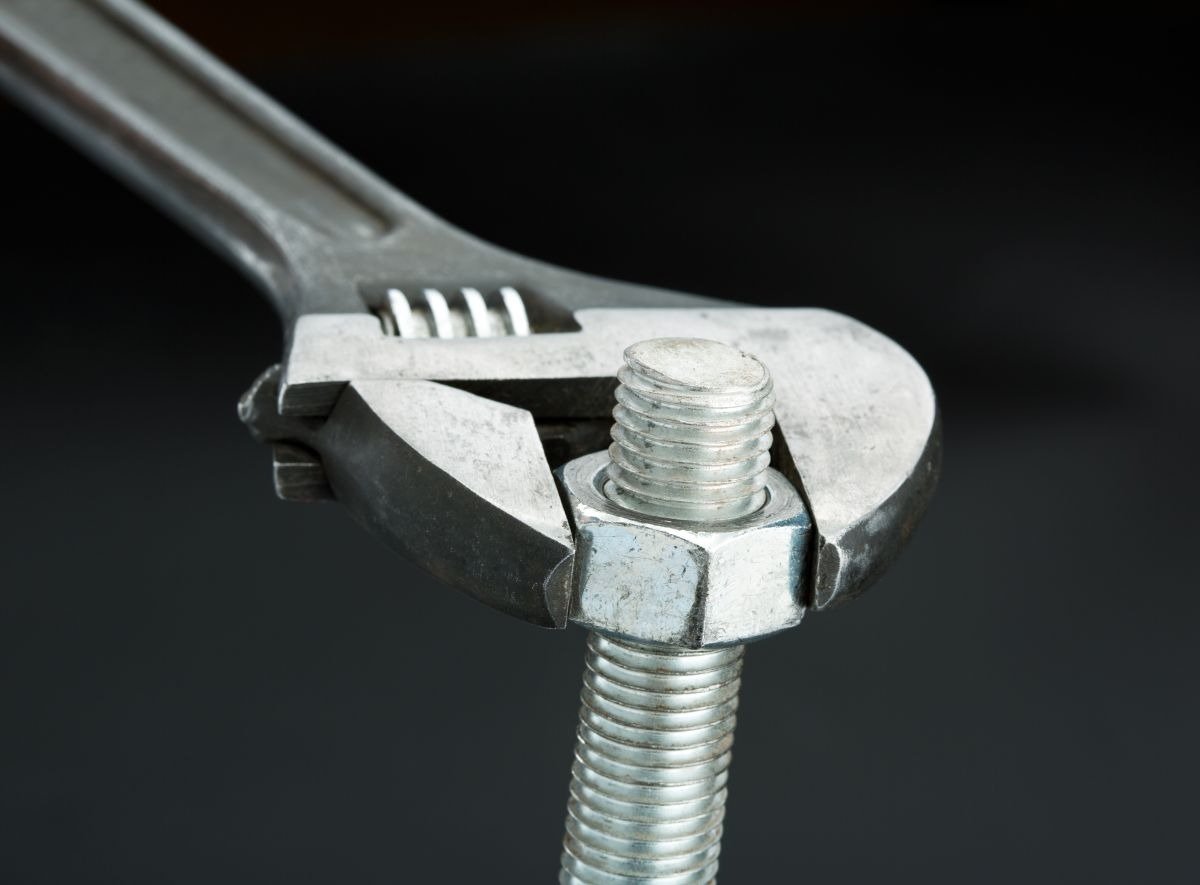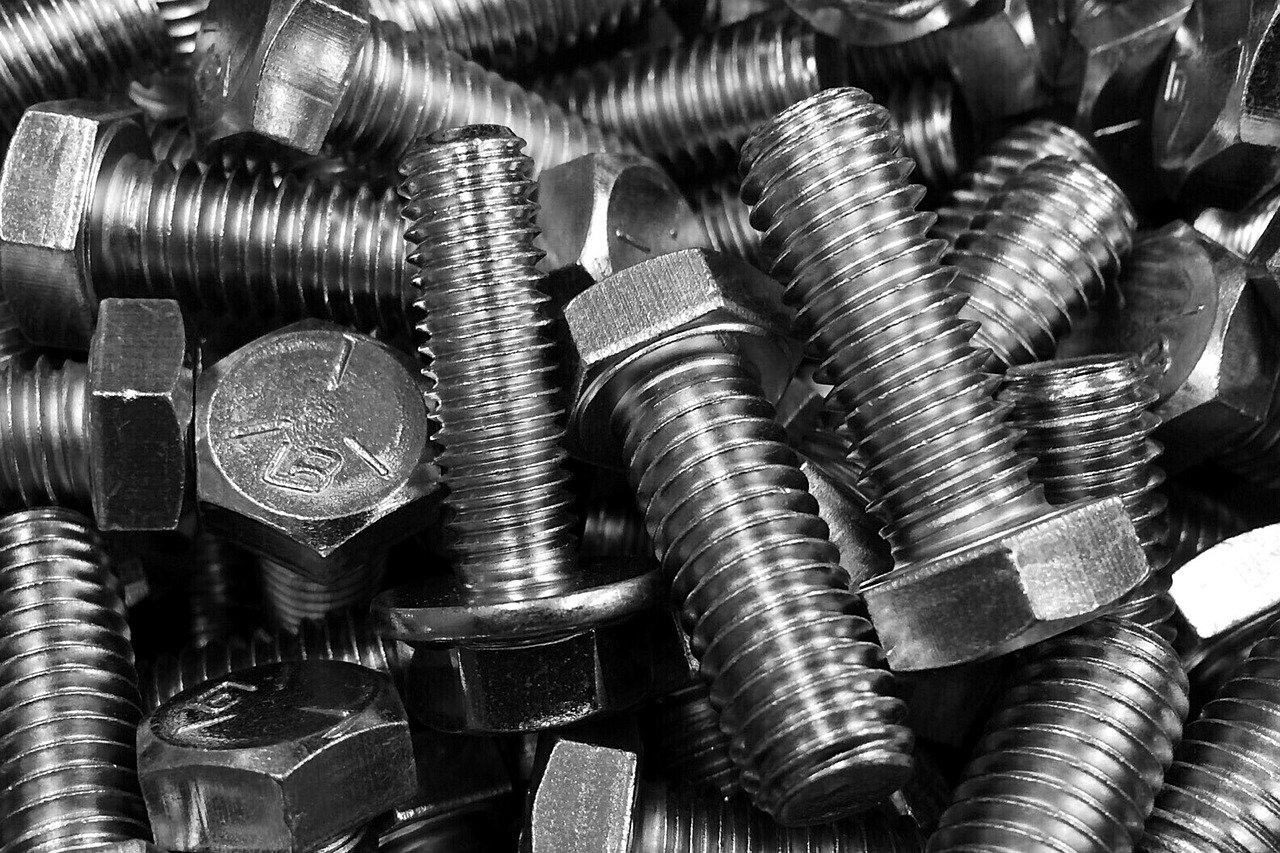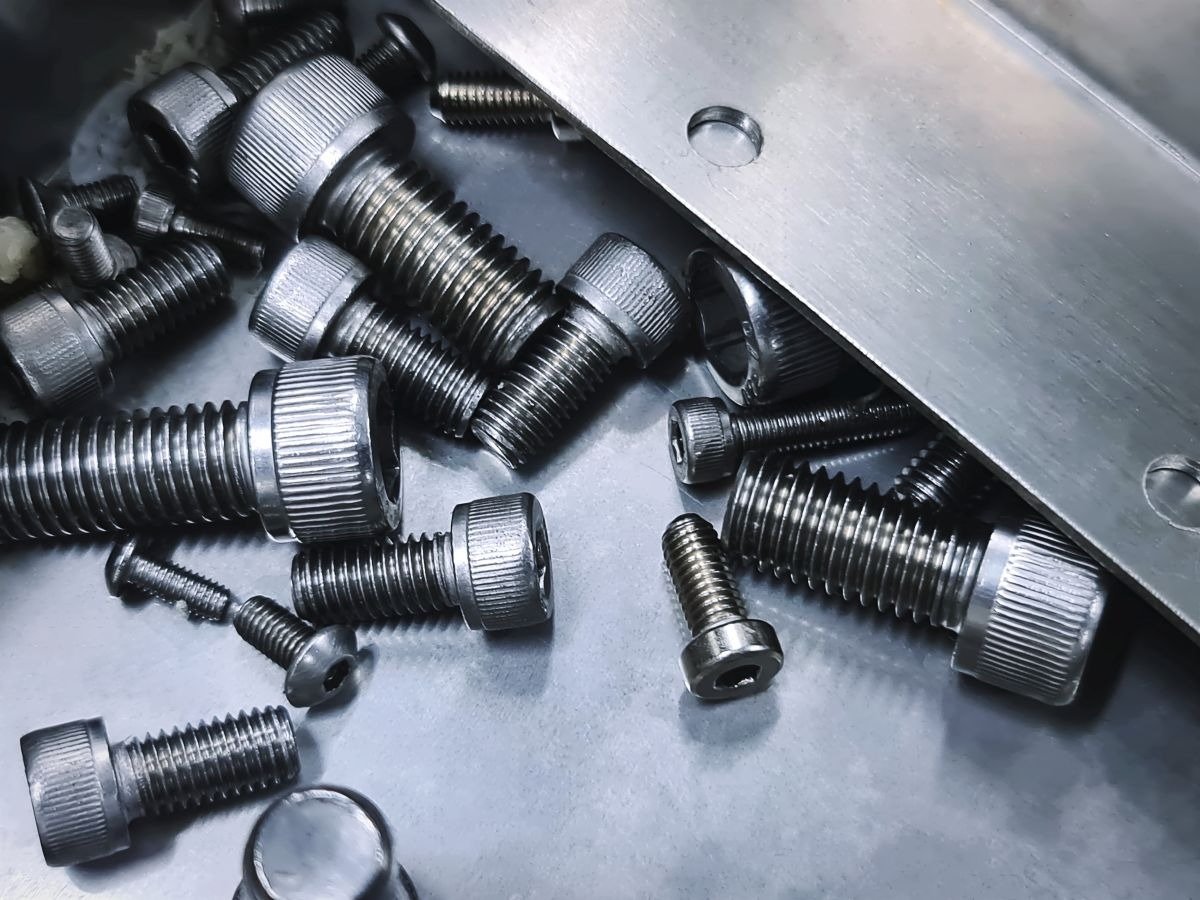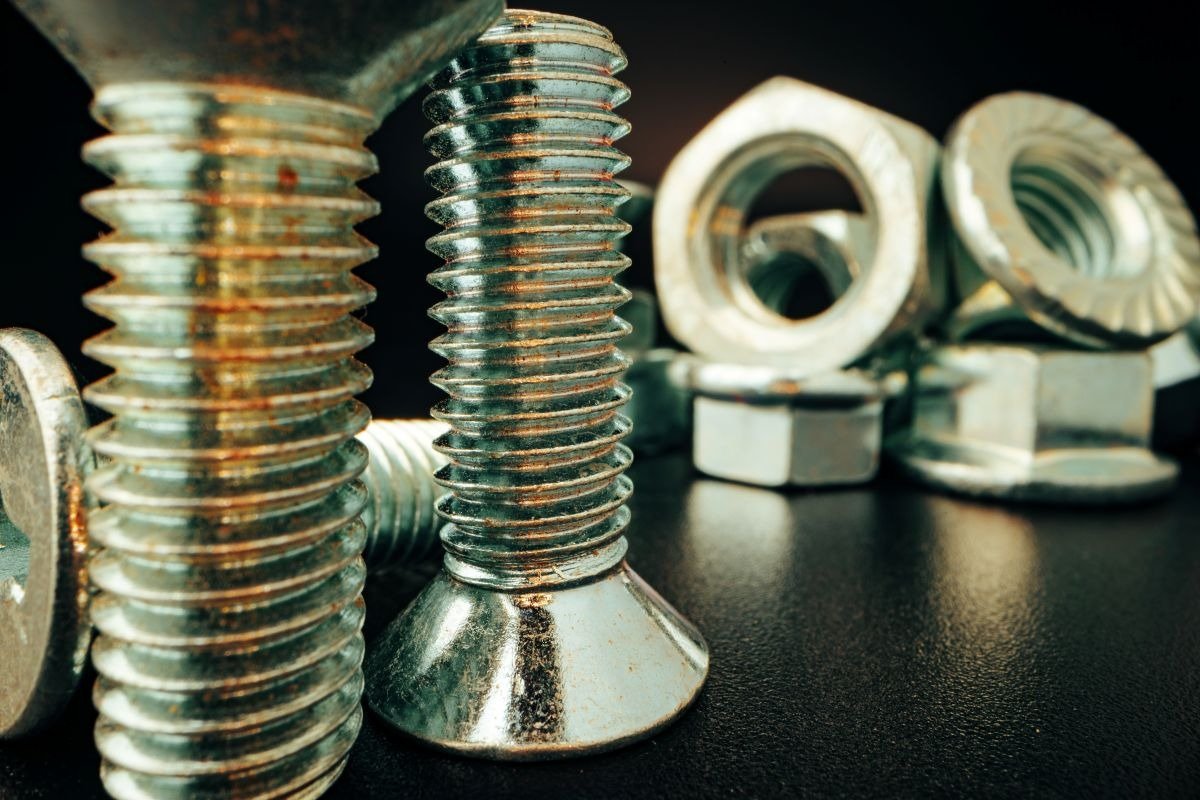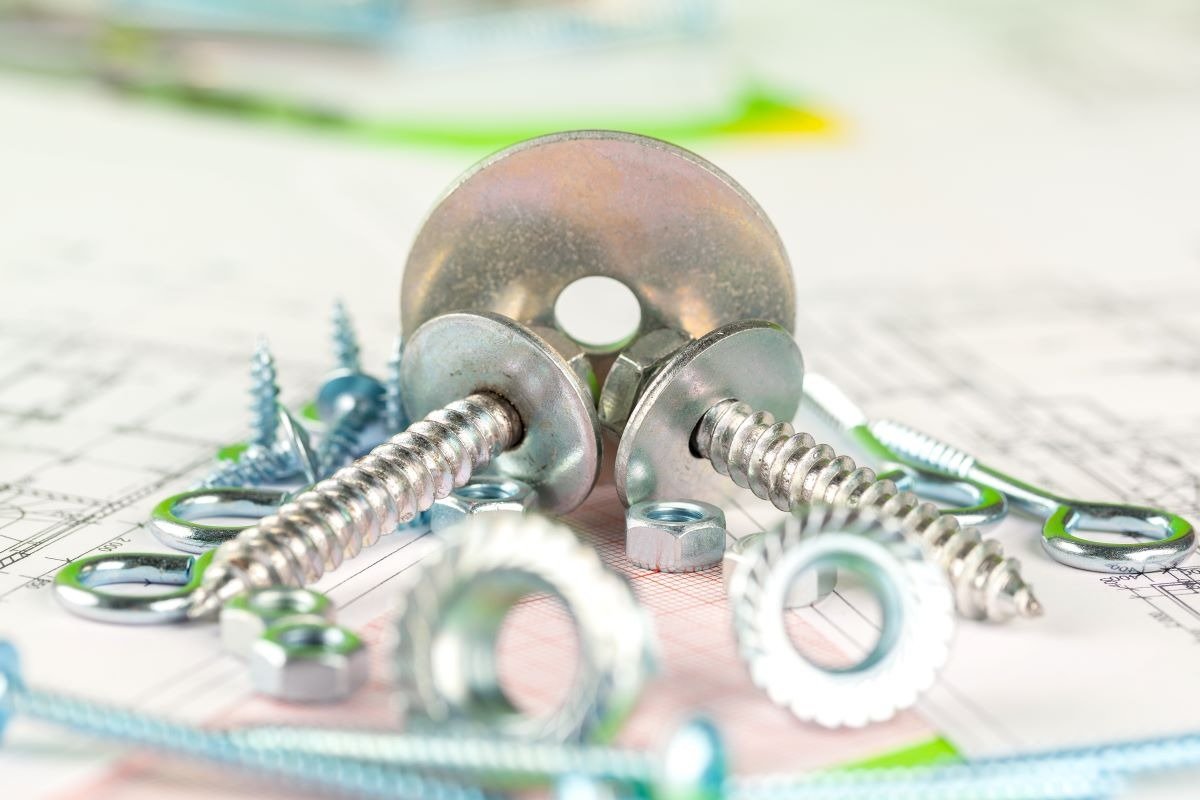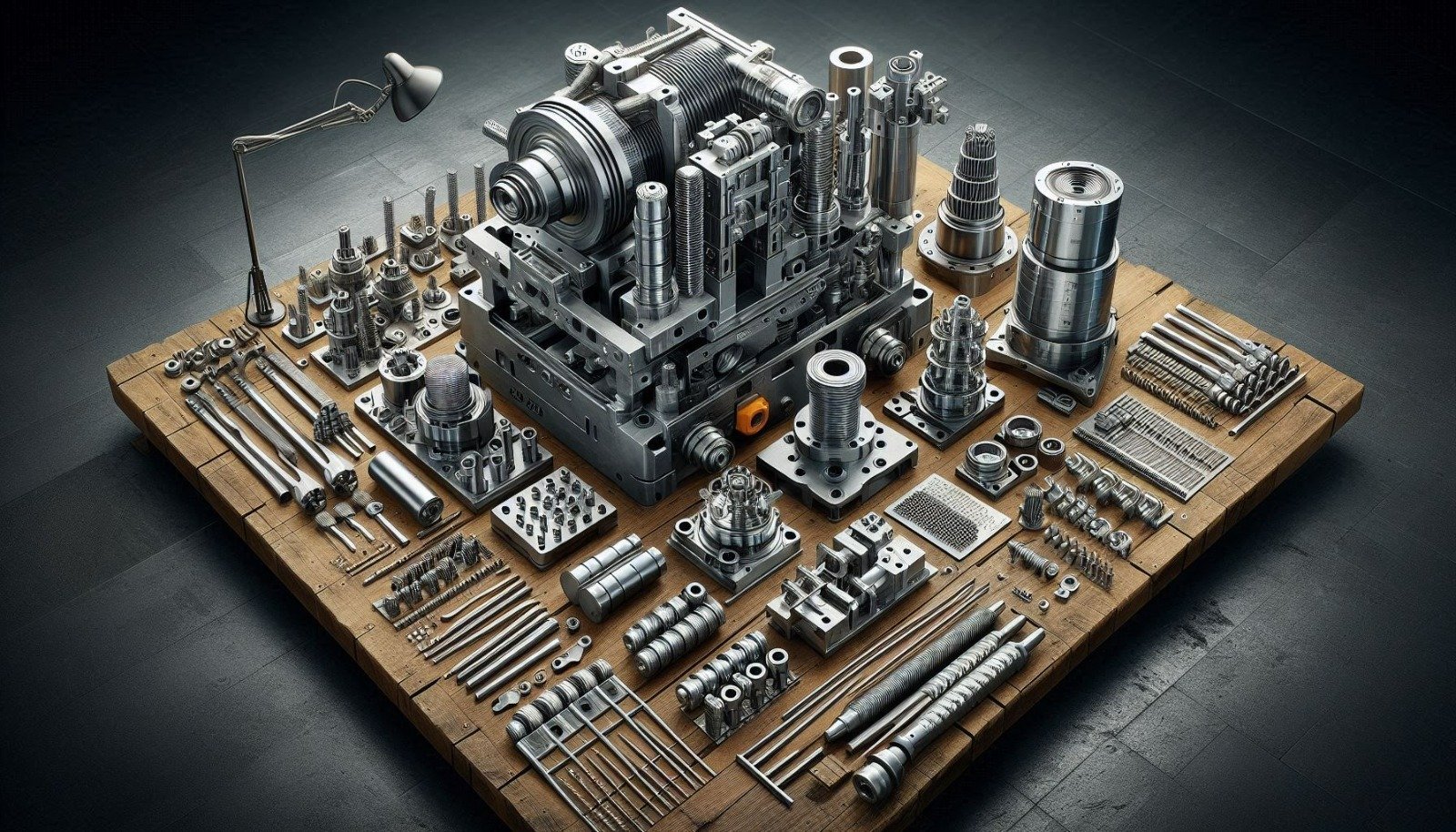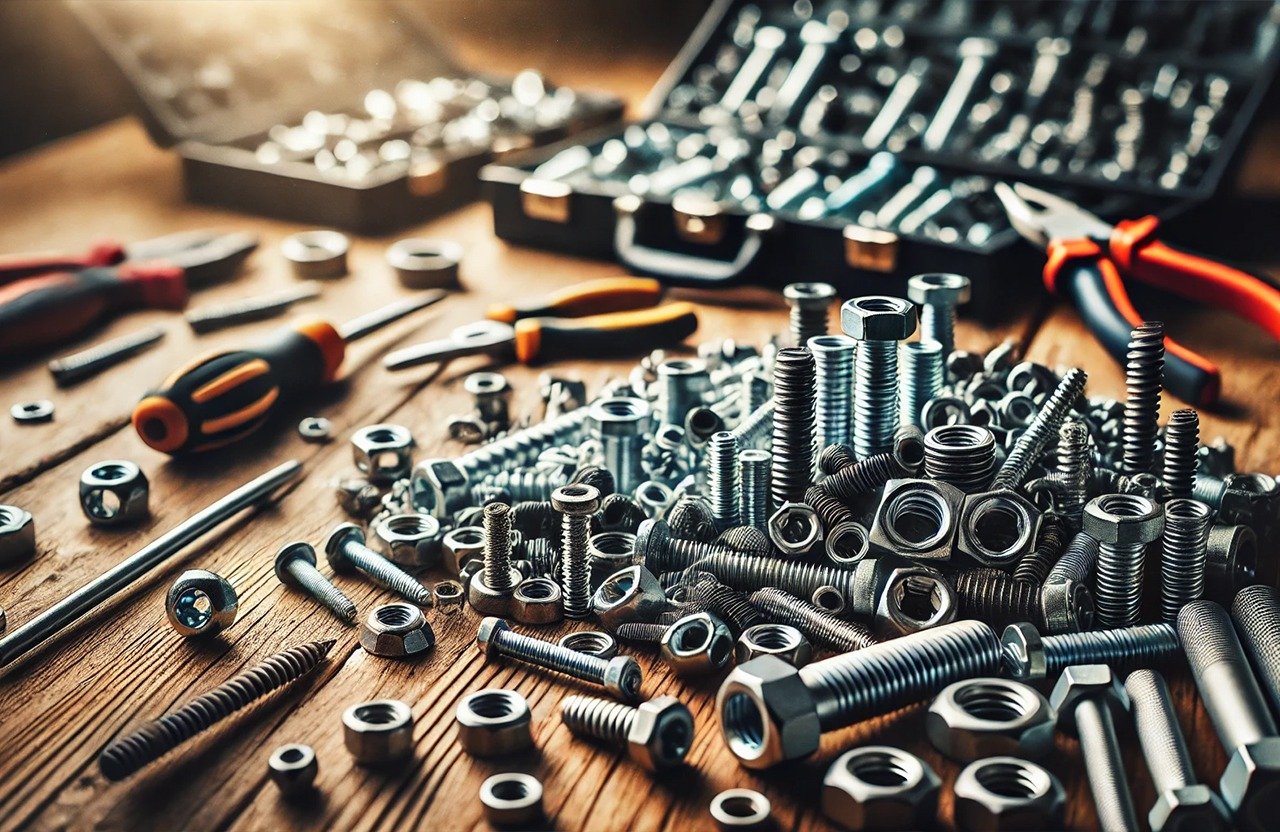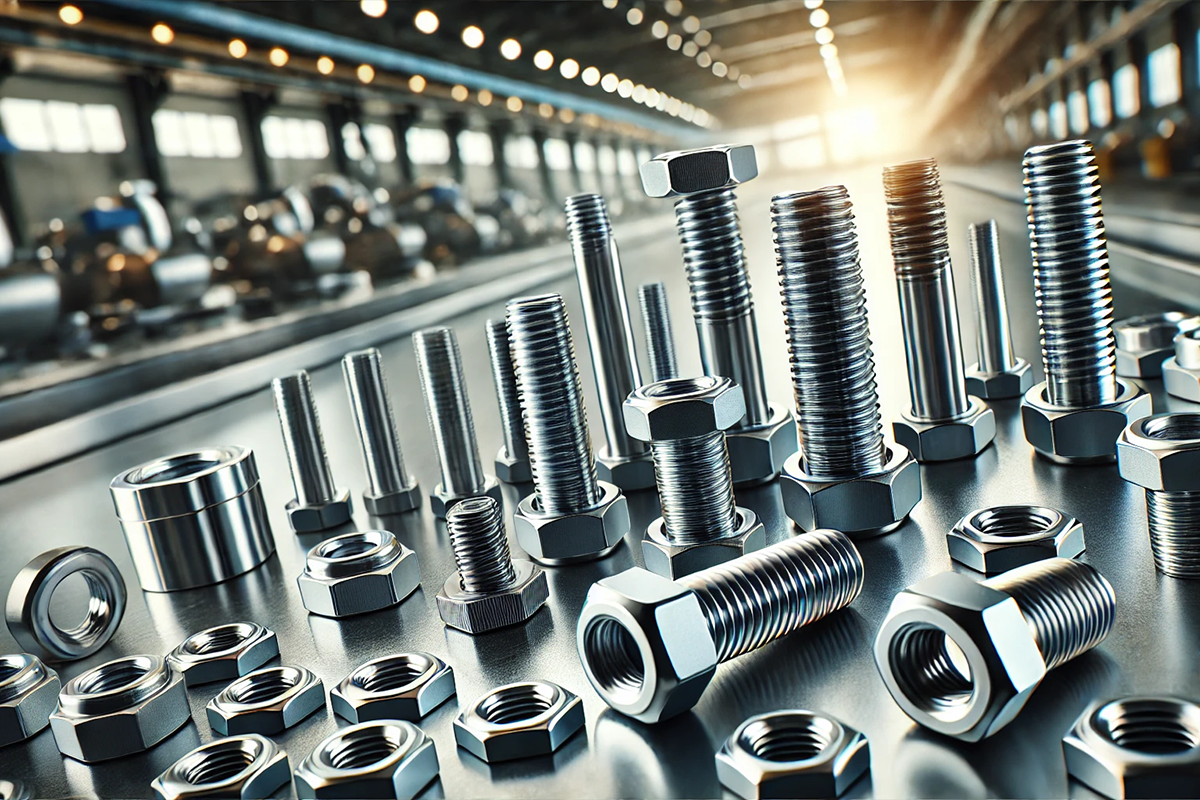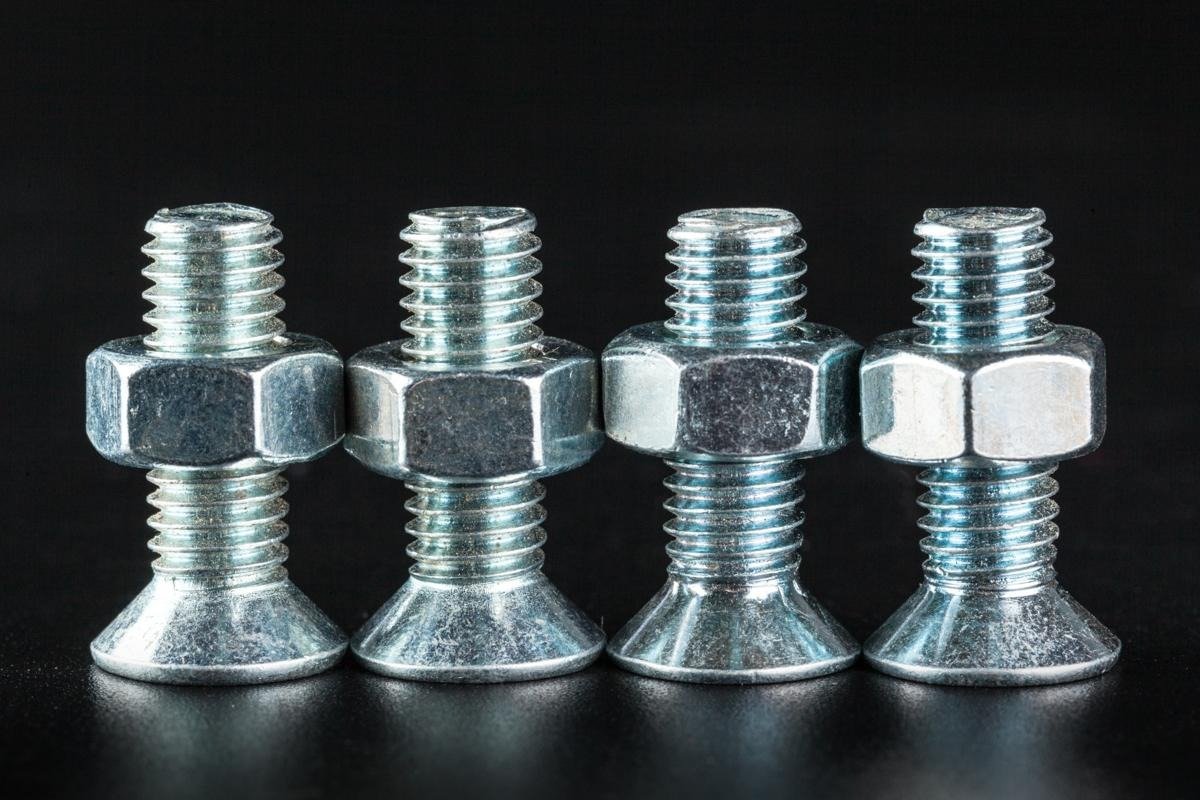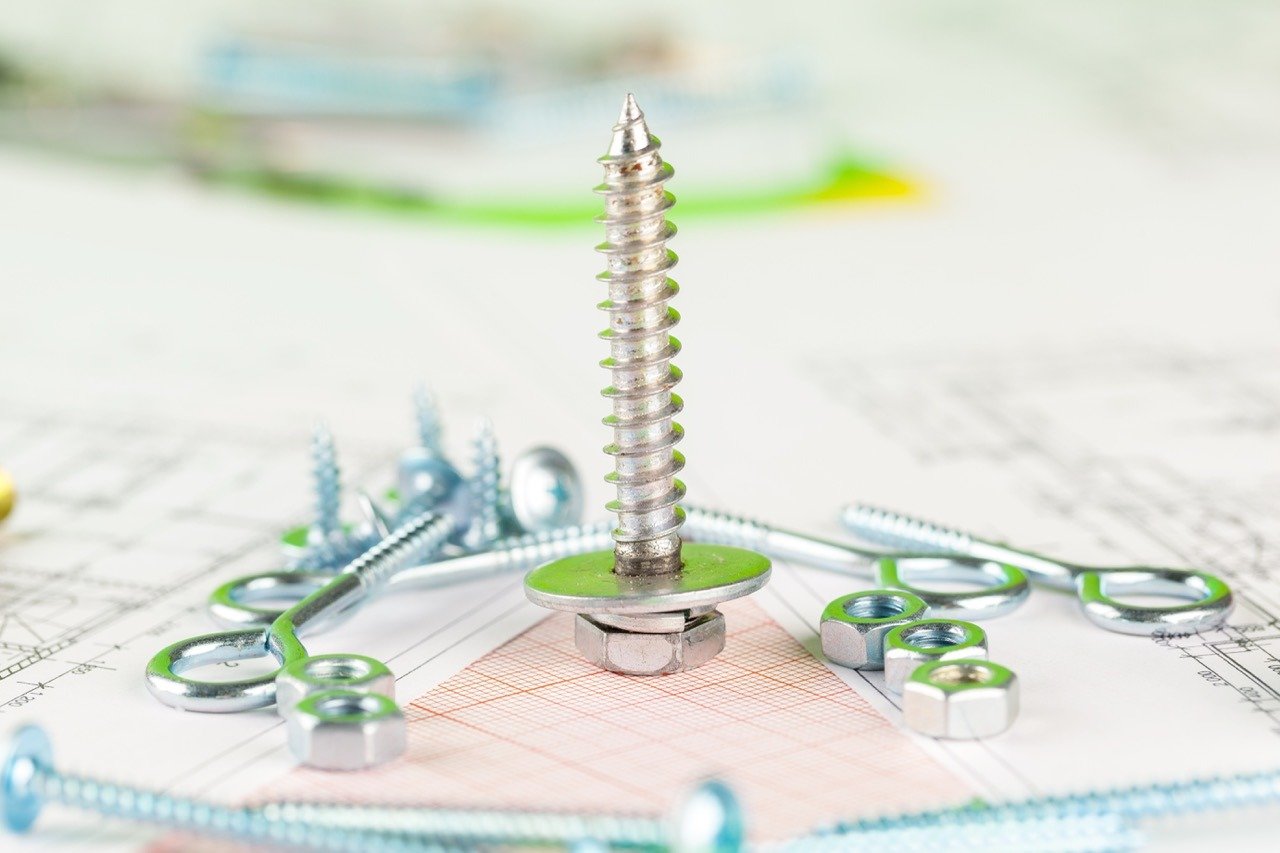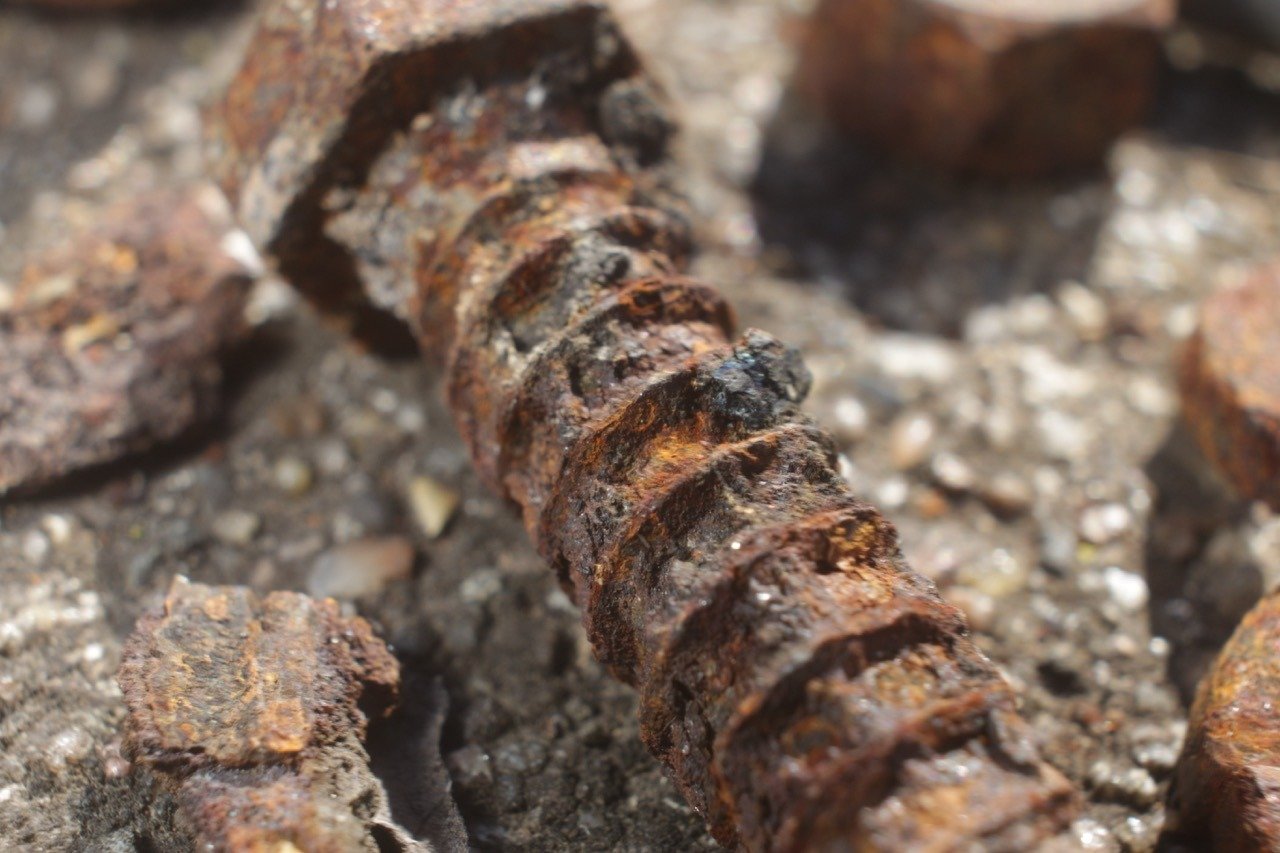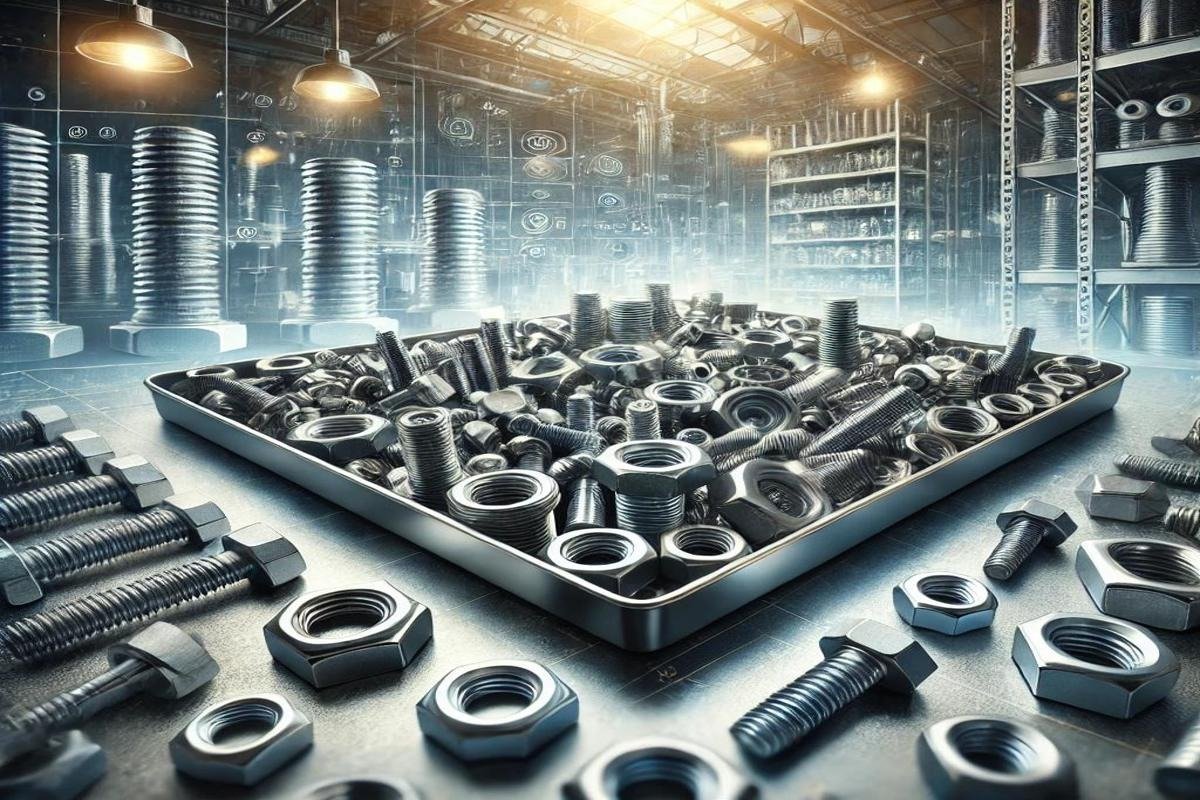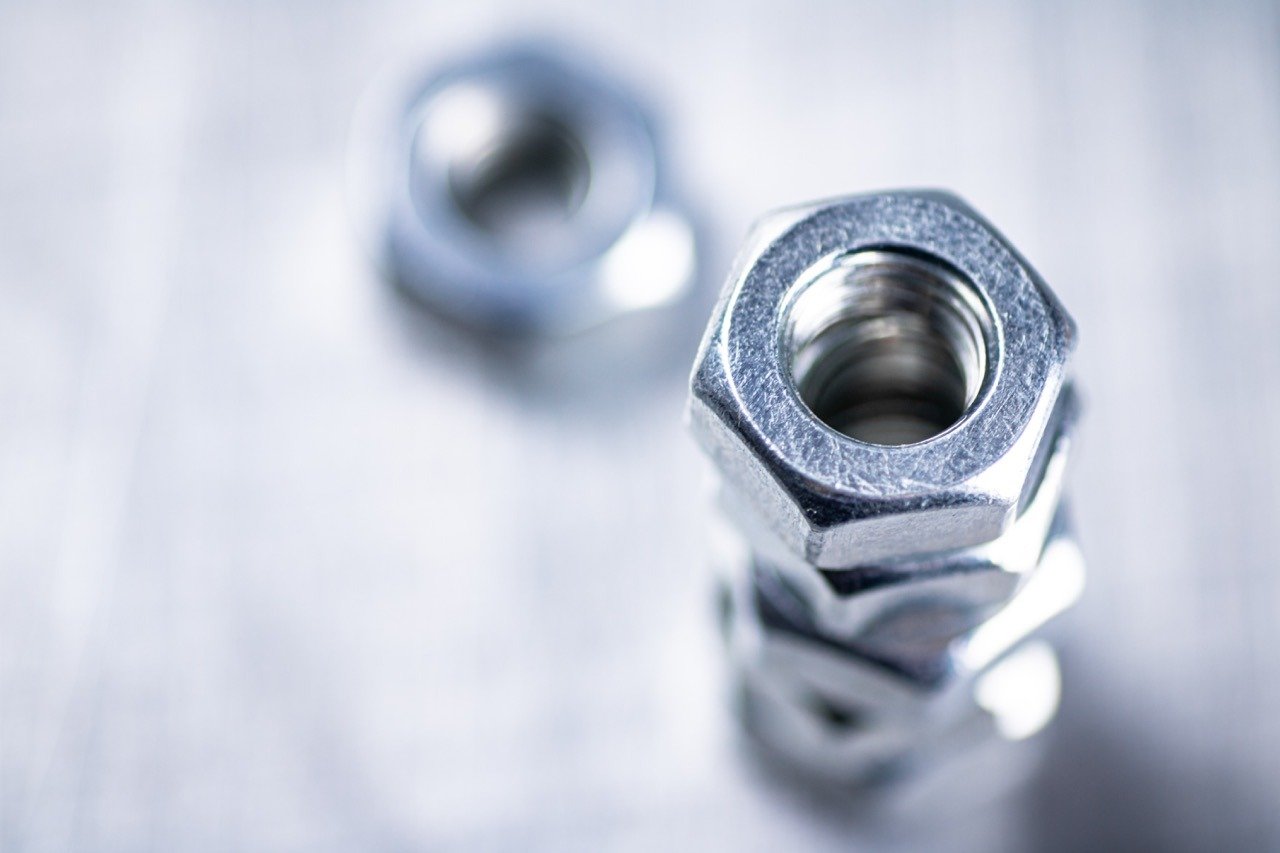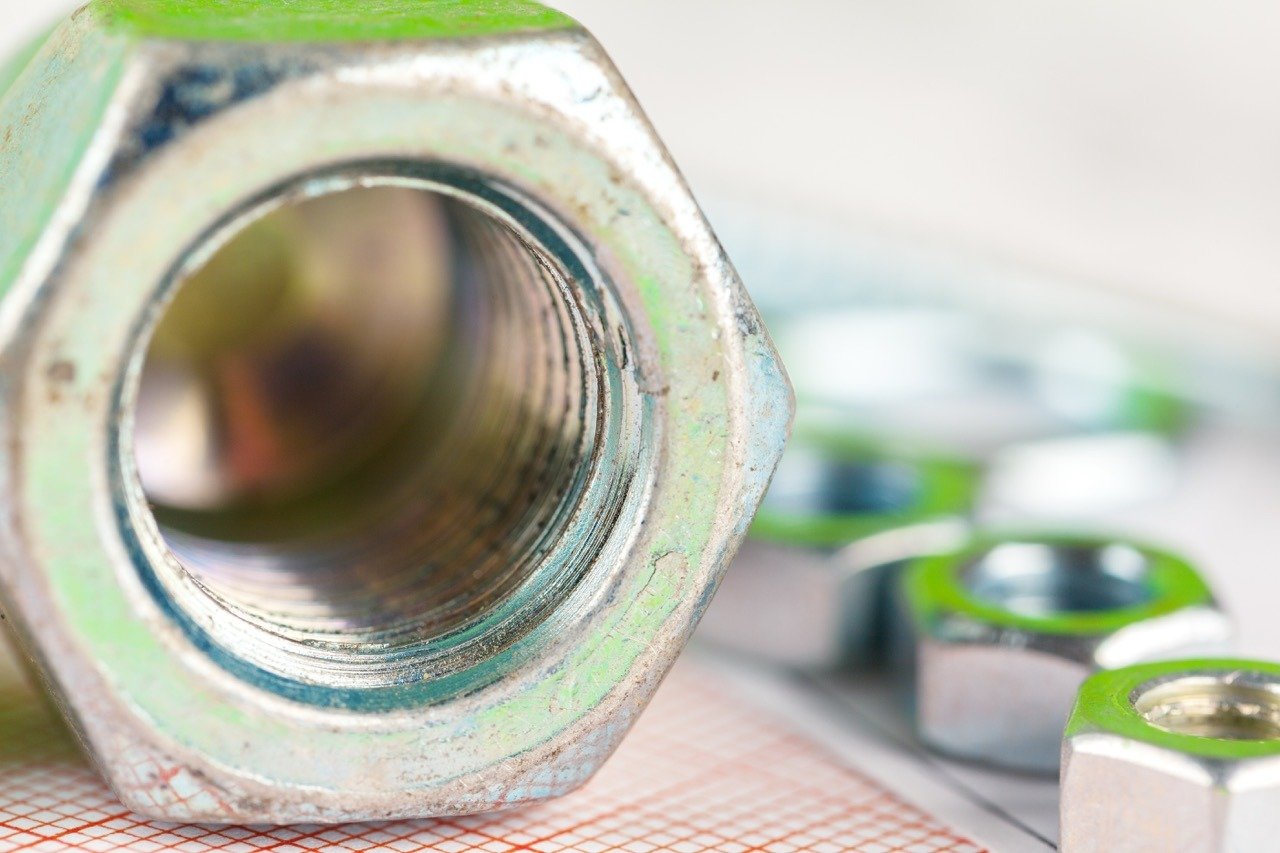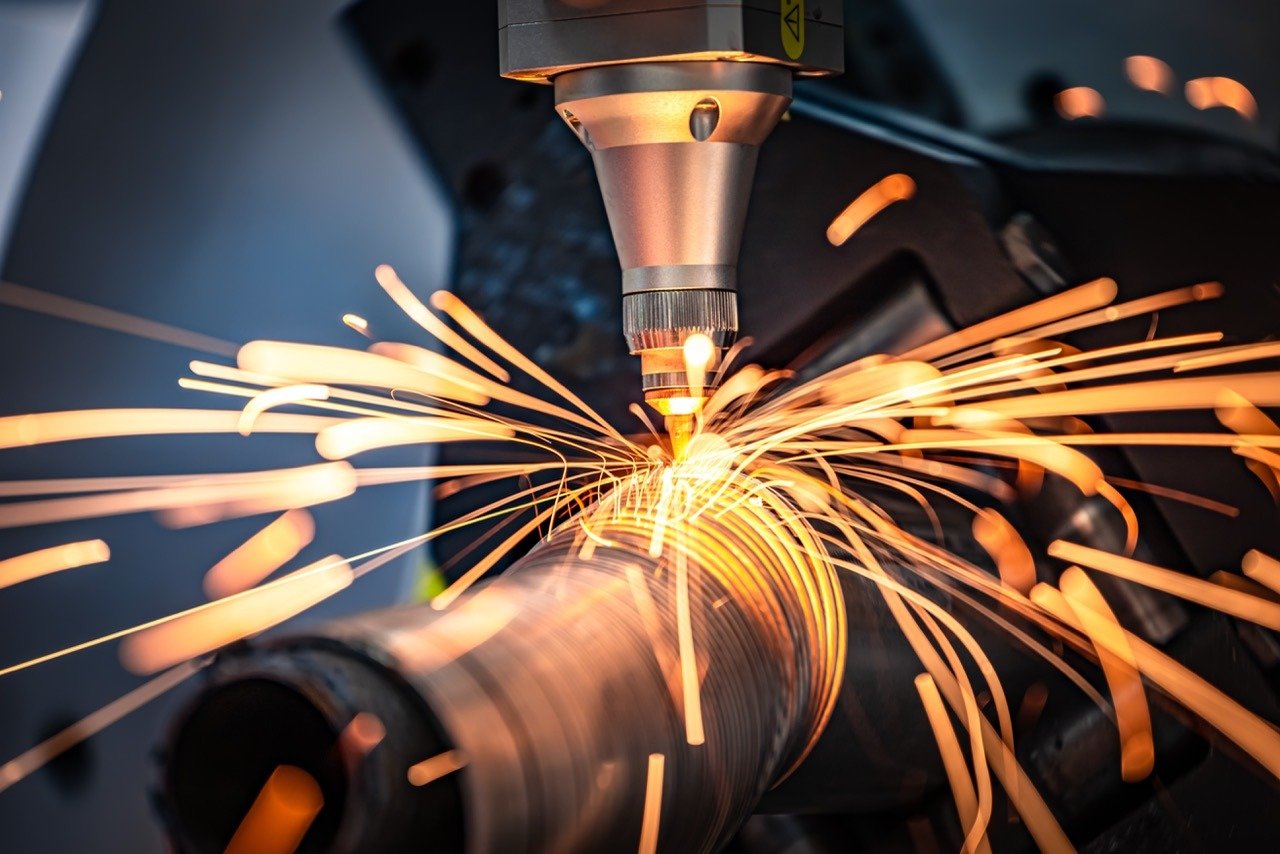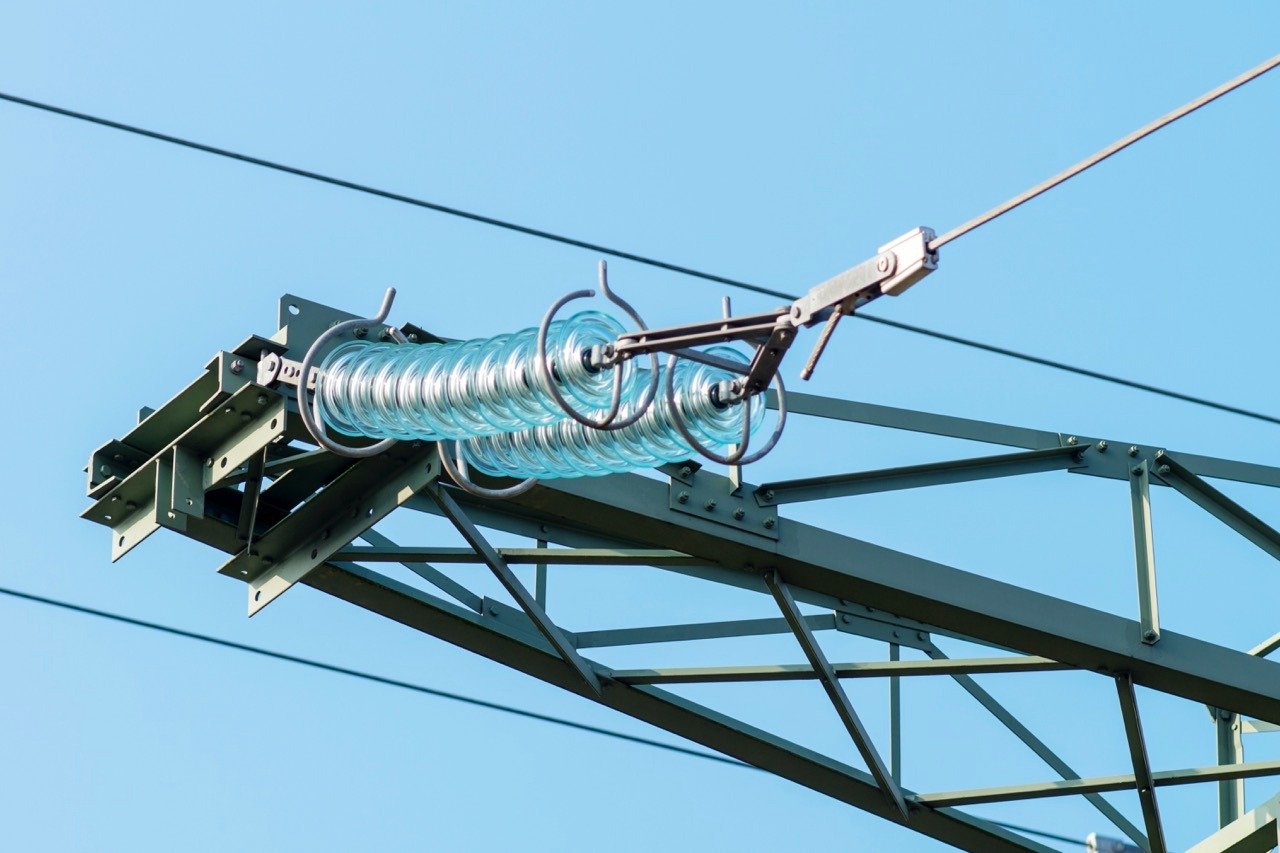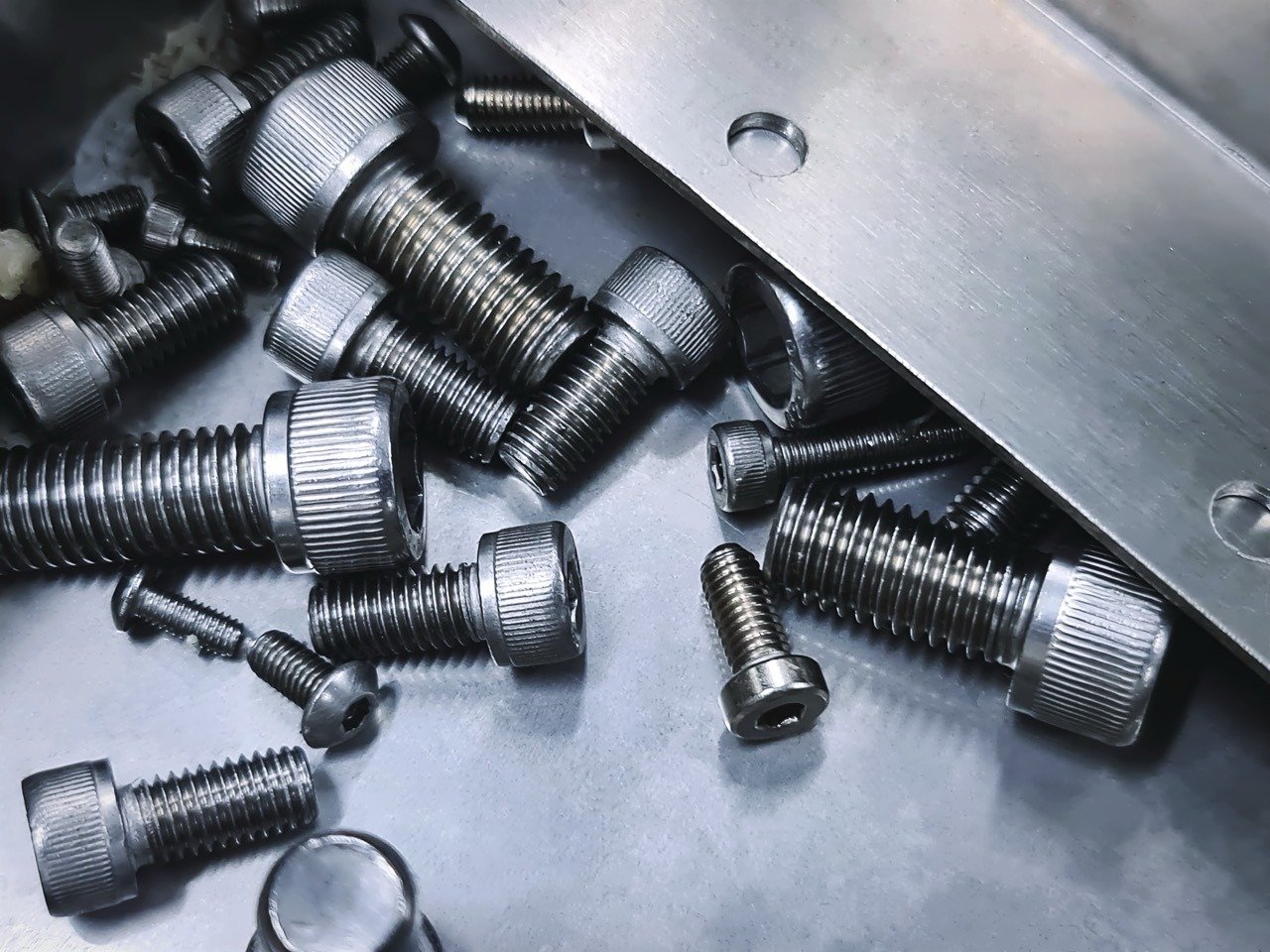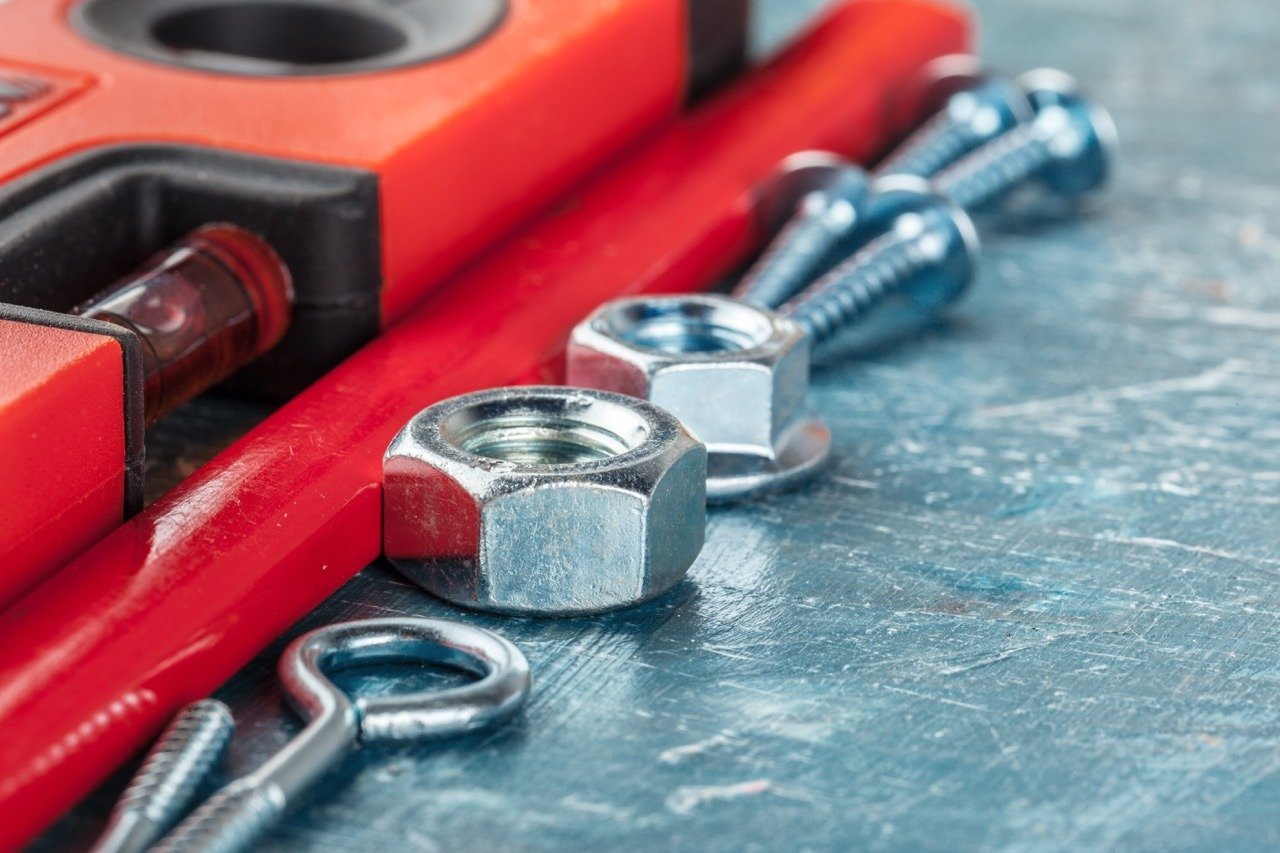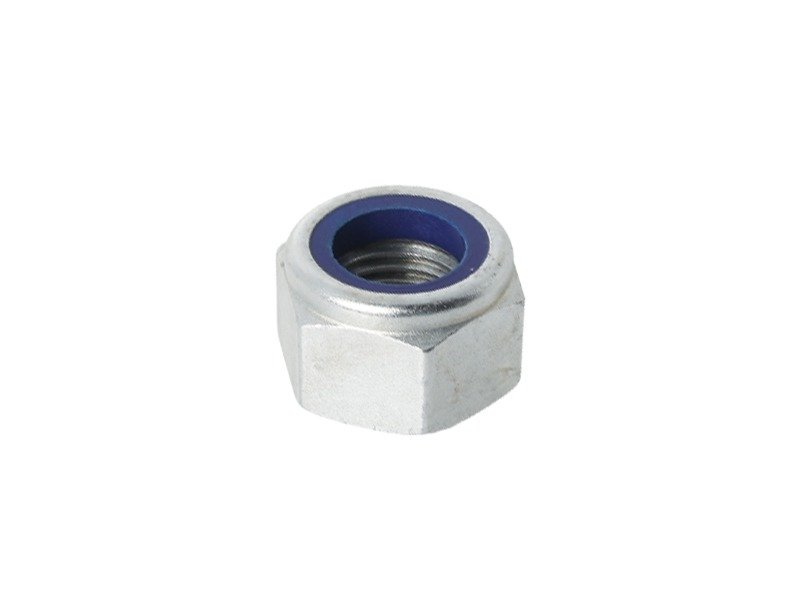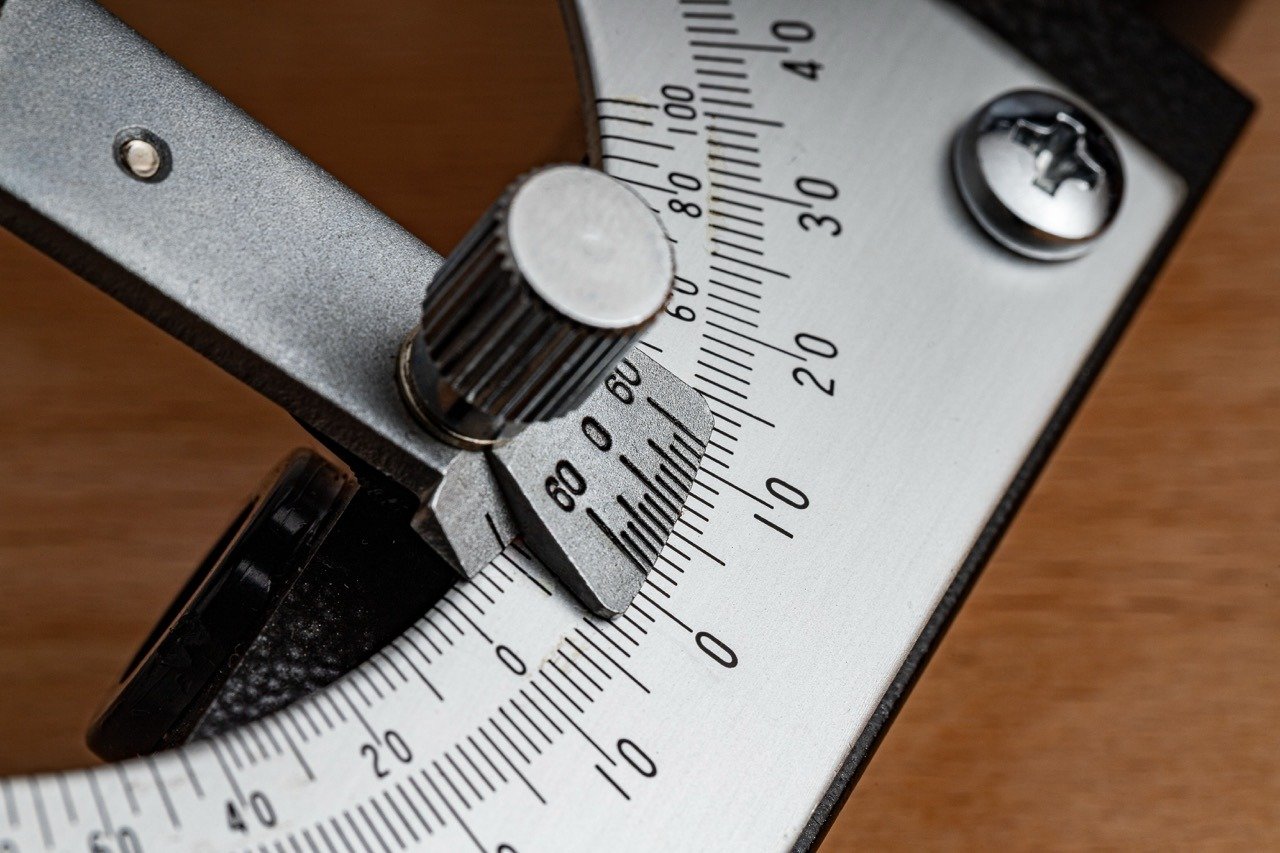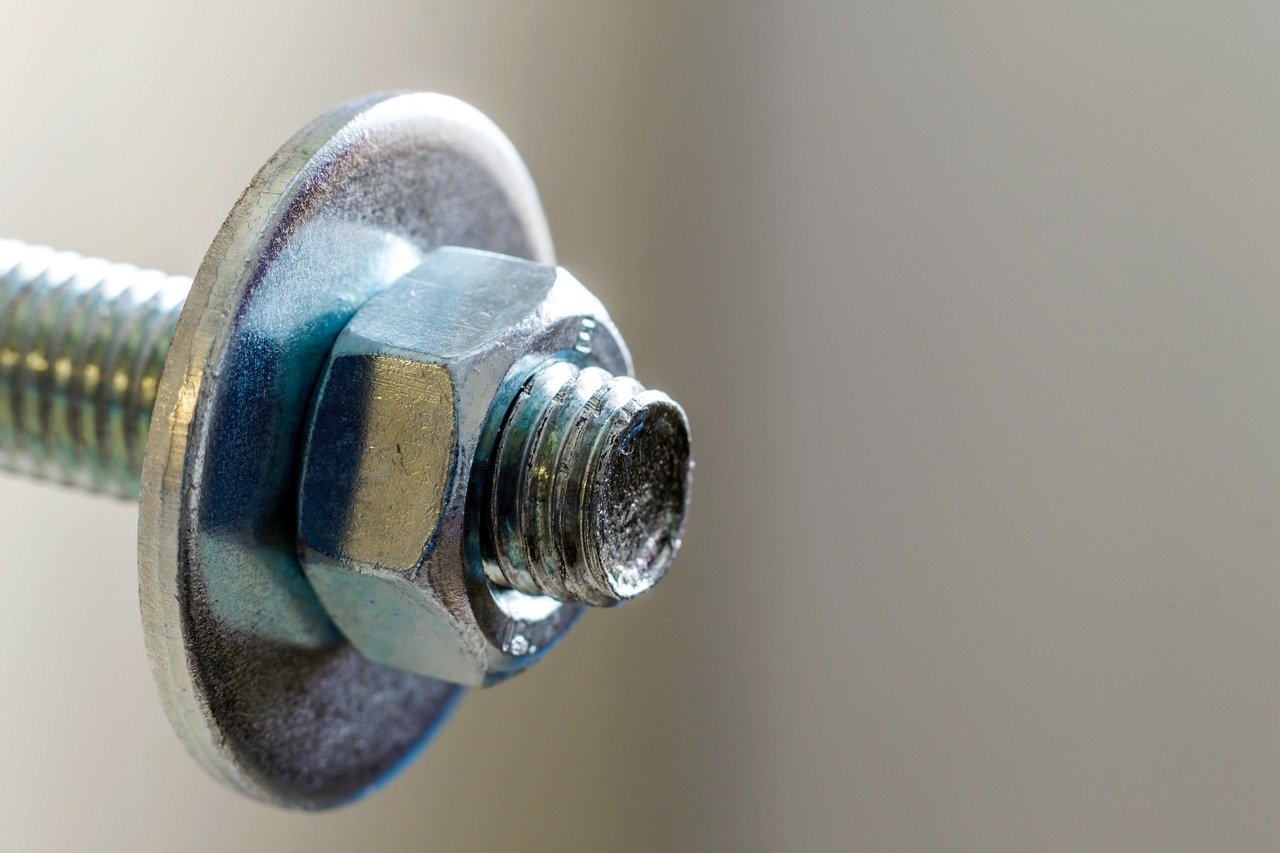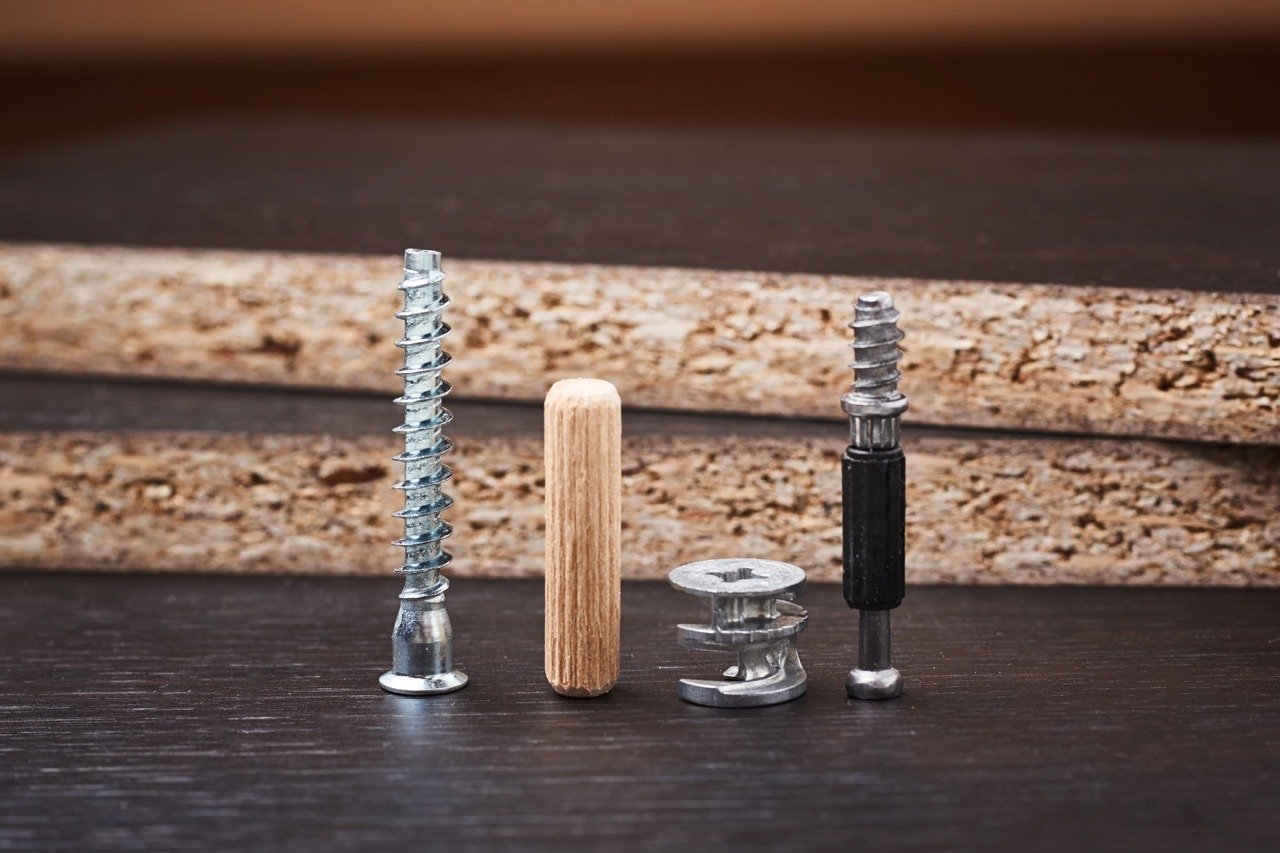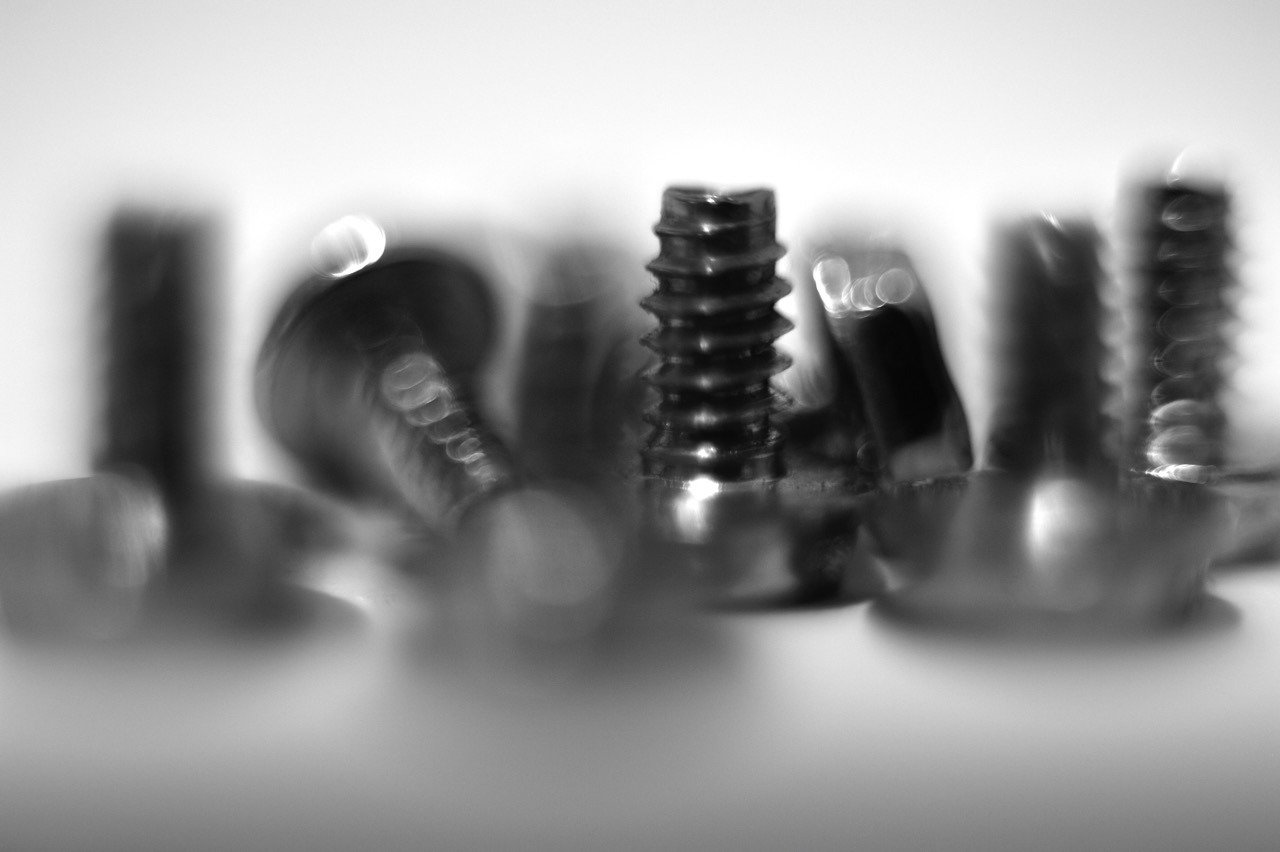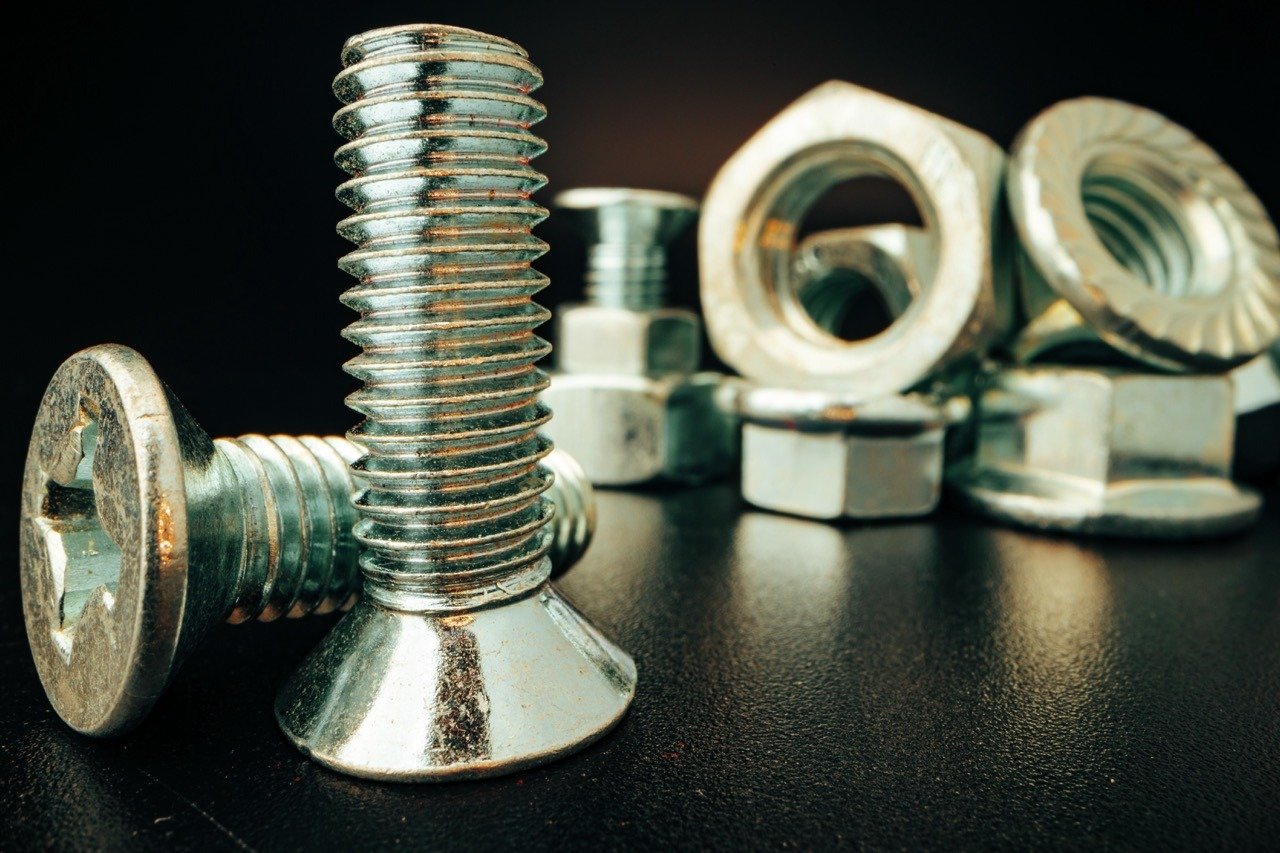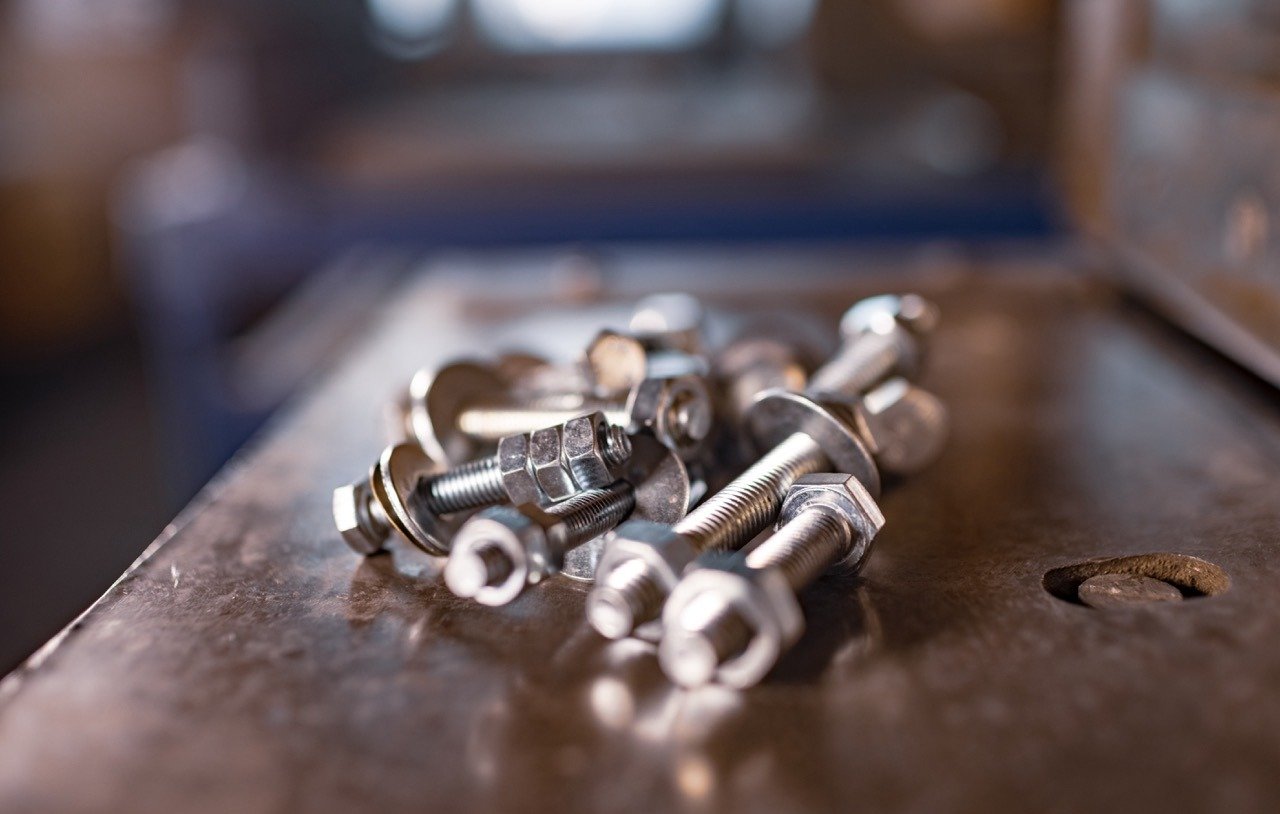What Are the Roof Screw Types and Their Areas of Use?
The most exposed part of a building to external factors is
undoubtedly the roof. Rain, snow, wind, temperature changes... To ensure the
roof remains intact under such harsh conditions, not only the roofing material
but also the fasteners that keep it in place are of critical importance. This
is where the roof screw types come into play.
What Is a Roof Screw?
A roof screw is a specially designed fastener used to
secure metal, wood, or composite roof coverings to the structure. These screws
not only provide physical attachment but also help preserve insulation and
contribute to the overall safety of the building.
What Is the Function of a Roof Screw?
The function of a roof screw goes beyond simply
fastening a material. A correctly selected and properly applied roof screw
ensures the longevity of the roof. Properly installed screws support
waterproofing, prevent roofing materials from lifting in strong winds, and help
maintain thermal insulation. Especially in areas with high wind loads, the
strength of the screws directly affects the roof's integrity. Moreover, roof
screws make the installation process quicker and safer.
What Are the Roof Screw Types?
Today, many roof screw types are manufactured to suit
various roofing systems and applications. Each is designed to meet different
needs. Factors such as the type of material used, the mounting surface, and
environmental conditions play a role in selecting the right screw. Here are the
most commonly used types:
Trapezoidal Roof Screw
The trapezoidal roof screw gets its name from the
trapezoid-shaped metal panels. These screws are typically preferred in metal
roofing. Thanks to their specially sealed heads, trapezoidal screws provide
waterproofing and have high wind resistance. Often used in metal structures, they
offer advantages in durability and easy installation.
Wood Roof Screw
The wood roof screw is mainly used in wooden roof
structures under tiles, OSB boards, and wooden-covered roofs. This type of
screw is designed to avoid damaging the wooden structure. Its thread design,
head shape, and material allow for a tight grip without splitting the wood.
They are also available in galvanized or stainless steel options for long-term
use.
Self Drilling Roof Screw
A Self Drilling roof screw features a drill-like tip
that allows it to penetrate surfaces without the need for pre-drilling. This
saves time during installation. It is commonly used on metal surfaces and
reduces labor effort. Often favored in large-scale construction sites, this screw
type has become essential in industrial projects.
Stainless Roof Screw
As the name suggests, a stainless roof screw is made
of materials highly resistant to rust. This provides great advantage in coastal
areas, humid regions, or environments with chemical exposure. Preferred also
for aesthetic reasons due to their ability to maintain their appearance over
time, stainless screws are often found in high-budget structures.
Colored Head Screw
The colored head screw is chosen for both aesthetic
and functional reasons. Manufactured in the same color as the roofing material,
these screws are visually discreet. This ensures a seamless and elegant
appearance on the roof. Coated with UV-resistant paint, the color stays vibrant
and doesn’t fade easily.
How Durable Are Roof Screws?
Durability may be the most important criterion when
selecting roof screws. However, durability includes not just physical
strength but also corrosion resistance, sealing capacity, tolerance to
temperature changes, and long-term holding power. A high-quality roof screw
can maintain its function for over 10 years. Screws with sealing washers help
reinforce the roof’s most vulnerable points in terms of waterproofing.
Therefore, when choosing a product, it’s important to consider the
manufacturer’s reputation, coating technology, and the screw material.
Things to Consider When Choosing a Roof Screw
A roof screw is more than just a screw—it's a key
component that defines the building’s lifespan. Several factors should be
considered during selection. First, the screw must be compatible with the
roofing material. Self Drilling roof screws are suitable for metal
roofs, while wood roof screws are ideal for wooden structures. Secondly,
consider the screw coating: galvanized, aluminum, or stainless options should
be selected based on environmental conditions. Third, do not overlook the
quality of the washer. Poor-quality washers can crack and cause leaks over
time. Lastly, aesthetic concerns should also be addressed, especially for
visible areas—colored head screws are the best option here.
What Equipment Is Needed for Roof Screw Installation?
For a roof screw to function properly, correct
installation is essential. Some tools are indispensable. First, a screwdriver
with adjustable torque is required. Over-tightening may damage the material,
while loose screws may lead to leaks. Proper bit selection is also vital to
avoid damaging the screw head. In some cases, pre-drilling may be necessary;
therefore, metal or wood drill bits should be included in the toolkit. Washers
compatible with insulation materials, special washers, and safety gear must
also be used to ensure a healthy installation process.
Anyone looking to build a quality roof system must pay
attention to these small yet critical details. The right screw means a solid
roof. And a solid roof means a long-lasting, safe, and comfortable building.

